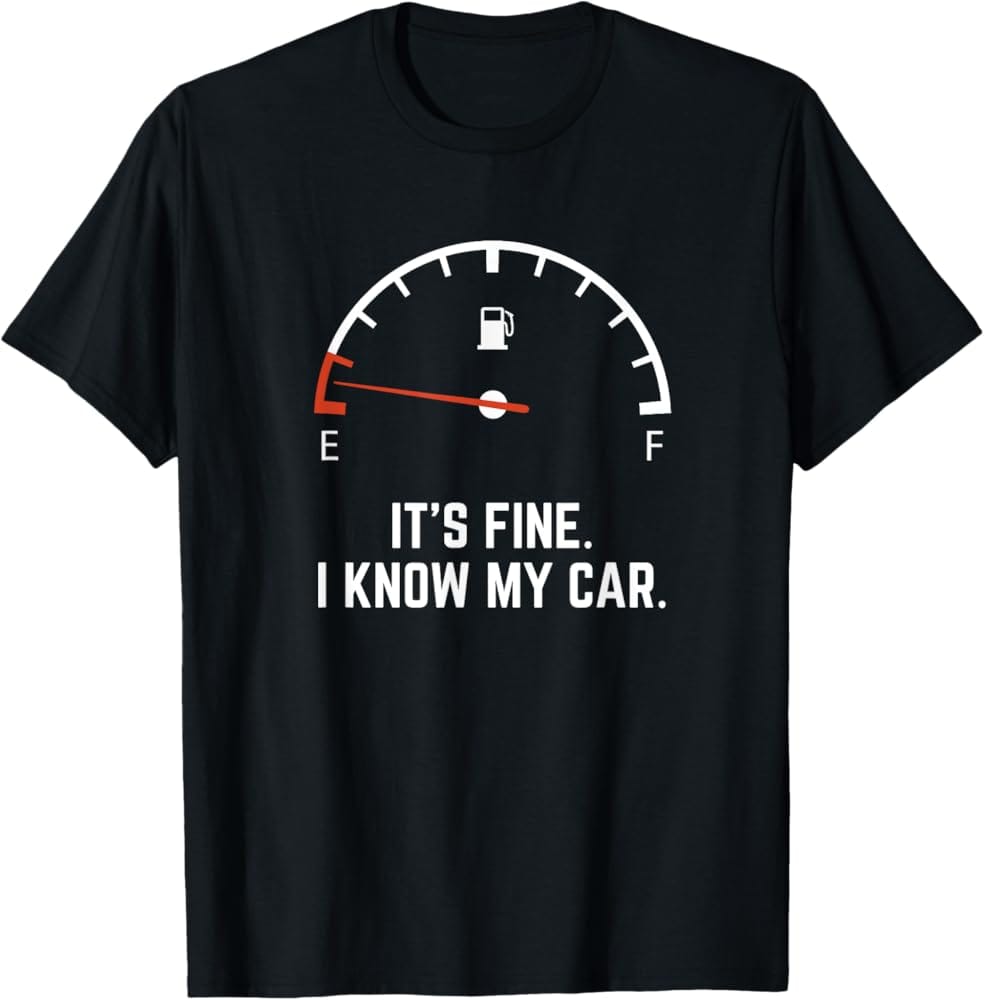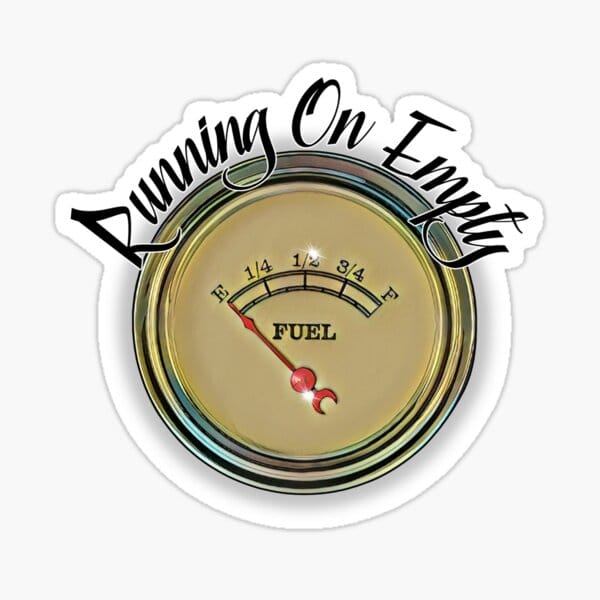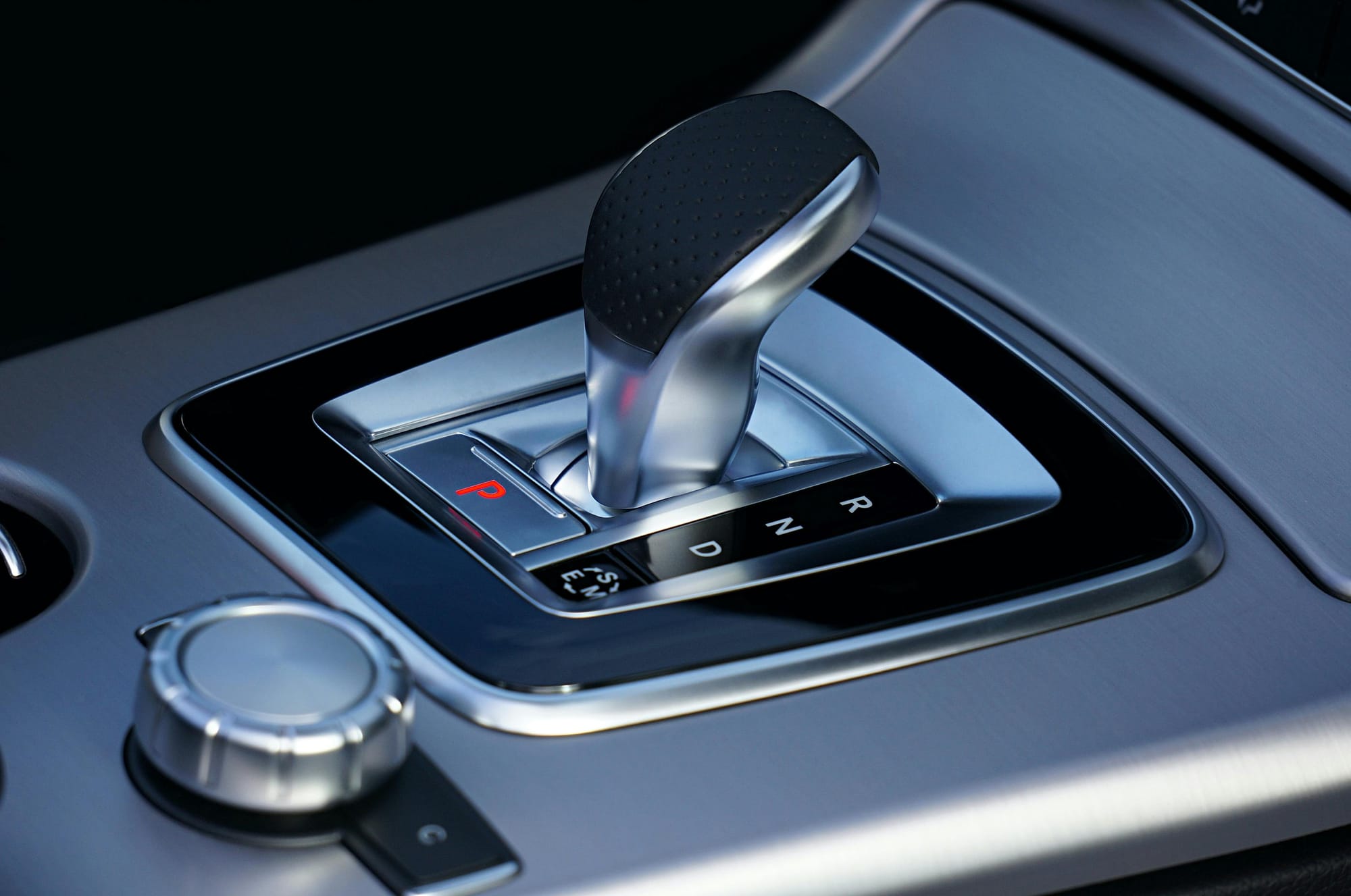Why Driving on Low Fuel is Bad for Your Car & Fuel-Saving Tips for Driving in Kenya

For most Kenyan drivers, between the rising costs of living and tightening budgets, is a delicate balance between stretching every shilling and keeping your car alive. Running on fumes has become more than just a risk – it's a survival strategy. If you have been here, then you know exactly how many kilometers you can push that needle past empty. Unfortunately, that adrenaline-fueled game of "hii fuel itafika home kweli?" is doing more than just giving you a heart-stopping adventure. Your beloved ride is silently suffering. Lets dive into the nitty-gritty of why driving on low fuel is bad for your car.
Table of Contents
- Introduction
- Why Driving on Low Fuel is Bad for Your Car
o Fuel Pump Damage
o Accumulation of Sediments
o Poor Engine Performance - Tips for Saving Fuel While Driving in Kenya
o Plan Your Routes
o Maintain a Steady Speed
o Minimize Use of Air Conditioning
o Regular Maintenance and Tire Care
o Drive During Off-Peak Hours
o Lighten Your Load - Conclusion
1.Introduction
In Kenya, rising fuel prices and economic factors make efficient fuel usage more important than ever. Many drivers, however, may not realize the impact of frequently driving on a low fuel tank. Operating a car with low fuel levels isn’t just risky in terms of running out of gas unexpectedly—it can also damage your vehicle in ways that may lead to costly repairs. In this article, we'll explore why driving on low fuel is bad for your car and share practical tips for saving fuel on Kenyan roads.
2.Why Driving on Low Fuel is Bad for Your Car

Fuel Pump Damage
When you drive with low fuel, your fuel pump—a crucial component that sends fuel from the tank to the engine—is exposed to air. Fuel pumps are typically submerged in fuel, which acts as a coolant and lubricant. If the fuel level is too low, the pump can overheat or become damaged due to lack of lubrication. Replacing a fuel pump is often expensive, making it much more economical to keep your
tank at least a quarter full at all times.
Accumulation of Sediments
Over time, impurities and debris tend to accumulate at the bottom of the fuel tank. When the fuel level is low, the pump may start to pull these sediments into the engine. This can clog your fuel filter and injectors, reducing your car’s efficiency and potentially damaging the engine. In the long run, this may lead to costly repairs and diminished vehicle performance.
Poor Engine Performance
Low fuel levels may lead to intermittent fuel supply to the engine, resulting in jerky acceleration or even stalling. In some modern vehicles, sensors adjust fuel usage based on the amount of fuel in the tank. If the fuel level drops too low, it may disrupt the fuel-air mixture and reduce engine performance, causing
sluggishness or uneven idling.
3. Tips for Saving Fuel While Driving in Kenya
Whether navigating the city streets of Nairobi or driving across rural highways, every Kenyan driver can benefit from improved fuel efficiency. Here are some actionable tips for conserving fuel:
Plan Your Routes
Mapping out your route in advance can help you avoid unnecessary mileage. Using a navigation app that updates with real-time traffic data can help you sidestep traffic jams and road construction, saving both fuel and time. By avoiding detours and congestion, you reduce the amount of time spent idling or stopping and starting, both of which consume more fuel.
Maintain a Steady Speed
Frequent acceleration and deceleration consume more fuel than maintaining a consistent speed. Try to anticipate the road ahead so you can drive smoothly, especially on highways. Avoid sudden acceleration and braking, as these actions waste fuel. When driving long distances, using cruise control can also help
maintain a steady speed and improve fuel efficiency.
Minimize Use of Air Conditioning
Using air conditioning puts extra load on the engine, which increases fuel consumption. While Kenya’s warm climate can make it tempting to blast the AC, consider using it sparingly. When driving at lower speeds, opening the windows for ventilation is often more fuel-efficient. However, at higher speeds, open windows can create drag, so moderate use of air conditioning may actually be more efficient.
Regular Maintenance and Tire Care
Routine vehicle maintenance plays a significant role in fuel economy. Change your engine oil and replace dirty air filters as recommended in the owner’s manual. Poorly maintained vehicles consume more fuel, so regular servicing is essential. Additionally, ensure your tires are properly inflated. Under-inflated tires
increase rolling resistance, making the engine work harder and consuming more fuel. Proper tire inflation, which can be done at most petrol stations in Kenya, is an easy way to improve fuel efficiency.
Drive During Off-Peak Hours
Nairobi and other urban centers in Kenya can experience significant traffic congestion, especially during rush hours. By planning your trips for times when traffic is lighter, you’ll spend less time idling in jams, which not only reduces fuel consumption but also cuts down on wear and tear. This strategy is
particularly helpful if you frequently drive in highly congested areas.
Lighten Your Load
Remove unnecessary items from your car, as extra weight increases fuel consumption. This is particularly relevant for SUV and truck owners, who may be more inclined to carry heavy items around. Even small reductions in weight can contribute to better fuel economy, especially on long journeys. Consider removing roof racks or carriers when not in use, as these create additional drag that can lower fuel efficiency.
4.Conclusion
In a country like Kenya, where fuel prices continue to rise, adopting habits that save fuel is both economical and practical. Driving on low fuel may save you a little upfront, but it can lead to significant expenses down the road by damaging critical components like the fuel pump and engine.
By understanding the impact of low fuel levels and implementing practical fuel-saving tips, Kenyan drivers can extend the life of their vehicles and reduce fuel expenses. Following these guidelines—such as maintaining your vehicle, planning your routes, and driving efficiently—will not only save you money but also contribute to a safer, more environmentally friendly driving experience.
Remember, Kifedha is your go-to solution for fast and reliable financing.
If you’re looking for a quick and reliable financial solution, contact us through our contact form, call us on +254791573231 or visit one of our branches across Nairobi, Kiambu, Machakos, and Kajiado counties to explore your financial opportunities.




Comments ()